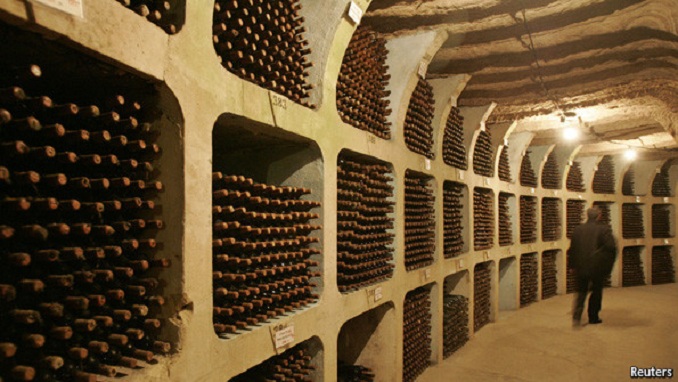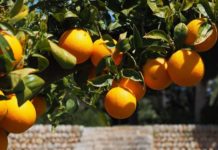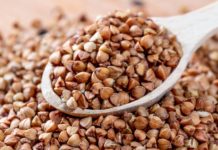In a bid to protect domestic winemaking, the Russian government has banned public institutions from buying imported wine, TASS news agency reported.
A statement from the Russian ministry of agriculture confirmed the ban on Tuesday, which includes all international “wines, sparkling wines, liqueurs, and fruit wines.”
While the ban prohibits purchases from government and public bodies, it does not stretch to commercial entities. The changes in legislation will come into effect in July of this year.
This is not the first time the Russian government has placed such a ban on food and drink products. In 2016, restrictions were placed on public bodies for purchasing meat, fish and dairy products.
Most of Russian vineyards are to be found on the Black Sea coast, southwest of Krasnodar. This region is on the same latitude as Bordeaux and Barolo so the climate would seem almost ideal. This coast has both clay and stone soils, which cater perfectly for reds and whites in that order, experts say.
In terms of varietals, the ancient Rkatsiteli grape that formed the basis of many classic Georgian wines is the most abundant in Russia. However you will also find more recognizable grape varieties such as Cabernet Sauvignon, Merlot and Pinot Gris.
An increase to sales of imported wines grew in 2017, which in turn took a hit to Russia’s wine industry, according to statistics.
This year’s ban will be added to other efforts to protect the wine industry in Russia, including an effort made by distributors to promote both domestic and international wines in their portfolios.












